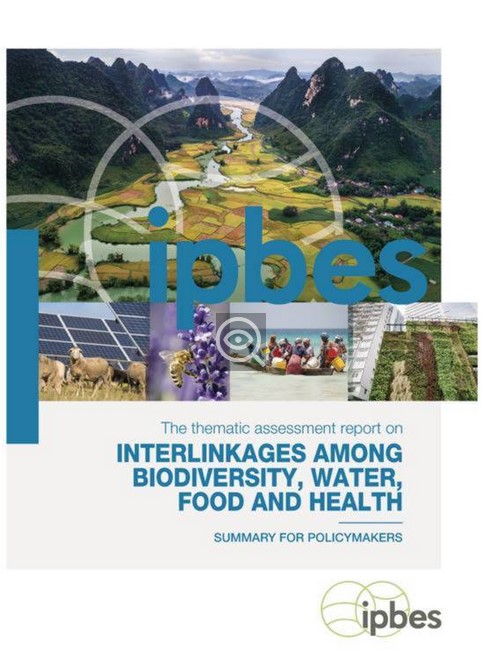Ksapa joined MWC 2025 Barcelona panel on digital inclusion, sharing insights connecting underserved rural communities at GSMA’s invitation.
Category Archives: Impact
Balancing technology with human solutions for effective supply chain transparency and traceability beyond tier 1 suppliers
Discover how Sutti’s EU-Indonesia trade model creates sustainable supply chains, generating €25 local value per €1 invested over 10 years
Learn field-tested solutions for community engagement in conflict zones, drawing from Ksapa’s experience in infrastructure, mining.
IPBES report reveals urgent crisis in food-nature-health systems, highlighting critical need for integrated solutions to protect our future
Discover proven strategies to boost digital tool adoption among smallholder farmers, driving sustainable agriculture and sourcing.
SBTN’s 2024 pilot report reveals excessive focus on top-down methods vs. clear ground-level realities in nature targets.
Coffee is more than just a beverage; with over 2.25 billion cups of coffee consumed daily, it is one of the most widely consumed drinks in the world and one of the most traded agricultural commodities. The largest coffee-producing nations—Brazil, Vietnam, and Colombia—are responsible for 63% of the global supply, while major consumers such as the European Union and the United States dominate the market.
CSRD mandates EU sustainability reporting, with board accountability ensuring management commitment through ESRS governance standards.
Learn how to identify and assess inside-out and outside-in risk opportunities (IROs) within CSRD’s double materiality framework for ESG reporting










